
OR
Editorial
Addressing Nepal's Brain Drain
Published On: July 24, 2023 07:30 AM NPT By: Republica | @RepublicaNepal

In recent years, Nepal has been facing a grave challenge as a growing number of students choose to pursue higher education abroad, leaving their homeland in search of better opportunities. This alarming trend necessitates immediate attention from the government to take proactive measures in retaining talented individuals within the country and fostering an environment that encourages growth and innovation. Over the past 12 years, the government has made commendable investments, totaling Rs 1.4 trillion, in the education sector with the goal of providing access to quality education for all. Initiatives such as the 'Education for All' program have made primary and secondary education free, and efforts have been directed towards enhancing infrastructure and educational standards across the nation. Despite these endeavors, the number of students seeking No Objection Certificates (NOCs) to study abroad after Grade 12 remains distressingly high.
Educationists rightly point out that the primary reason driving students to seek opportunities abroad is the perceived lack of employment prospects in Nepal. Although the government has increased the education budget over the years, the disconnect between education and job opportunities remains a pressing concern. Students often feel ill-prepared for the job market, leading them to explore better prospects in foreign lands. Policymakers must recognize that the issue does not lie in the quality of education itself, but rather in the gap between education and the job market. It is imperative for the government to prioritize the creation of employment opportunities within the country to retain its skilled and qualified young population. The failure to showcase potential job openings in coordination with the National Planning Commission and industrial entrepreneurs has contributed to disillusionment among students. This lack of clarity on future career prospects within Nepal drives students to seek opportunities abroad, exacerbating the brain drain problem.
To address these challenges, the government must adopt a comprehensive and multi-faceted approach. Firstly, fostering a robust collaboration between the education sector, industries, and the job market is essential. This partnership will facilitate the alignment of educational curricula with the skills demanded in the workforce, thereby increasing the employability of graduates. Secondly, investing in research and innovation should be a priority. By promoting research and development, the government can create an environment that nurtures creativity and entrepreneurship, thus motivating students to stay within the country to pursue their ambitions. Collaboration with the private sector is equally crucial in creating more job opportunities. Encouraging the growth of local industries and startups will not only generate employment but also instill a sense of national pride and loyalty among the youth. Enhancing the quality of higher education institutions in Nepal will also play a pivotal role in retaining students. By providing world-class education, the country can attract international students and simultaneously retain its own talent pool.
Additionally, improving career counseling and guidance services is vital. While educational consultancy agencies can play a positive role, they must operate transparently and ethically. The government may choose to regulate and monitor these agencies to ensure they provide accurate information and genuine guidance to students. Finally, the government should actively promote the achievements and success stories of individuals who have chosen to stay in Nepal and have significantly contributed to its development. These role models can inspire and motivate young students, instilling confidence in the potential for growth and success within their own country.
Nepal stands at a critical juncture, with the brain drain posing a serious threat to its progress. The government's investments in the education sector have been noteworthy, but the lack of a comprehensive strategy linking education with employment opportunities has perpetuated the brain drain issue. It is high time for policymakers to take proactive measures, including fostering stronger ties between education and industries, promoting research and innovation, and creating a conducive environment for career growth. By doing so, Nepal can reverse the brain drain trend and unleash the true potential of its young and talented population for the prosperity and progress of the nation.
You May Like This
_20201014060614.jpg)
Nepal abstains from voting as UNHRC adopts resolution against Sri Lanka's human rights record
KATHMANDU, March 23: Nepal has chosen to abstain from voting in the United Nations Human Rights Council on a resolution... Read More...

What Nepal needs is India's friendship and support for growth: Nepal PM Oli
In an exclusive interview to The Hindu, Mr. Oli says the bitterness of past relations have been put behind them,... Read More...
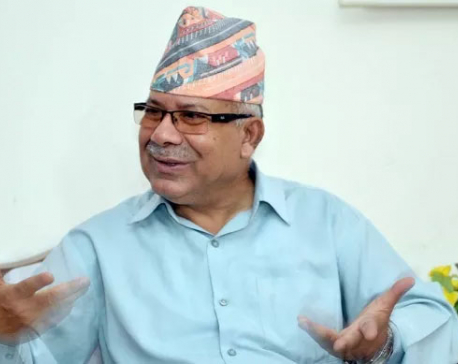
Party's name will be Nepal Communist Party after merger: Leader Nepal
KAILALI, Feb 9: CPN-UML leader Madhav Kumar Nepal said that the name of the new party after merger between CPN-UMLand... Read More...
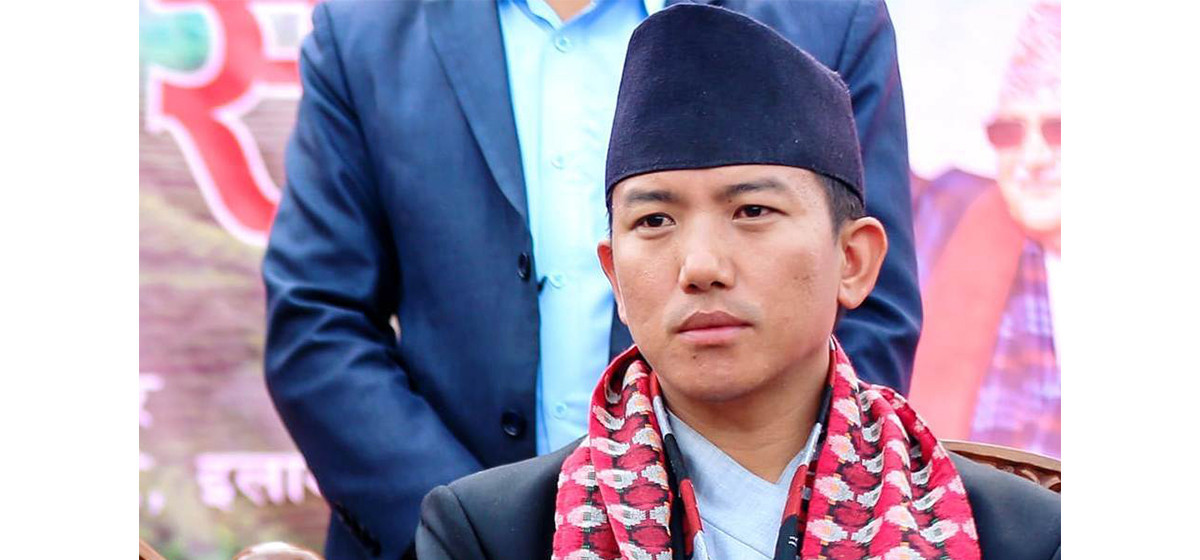

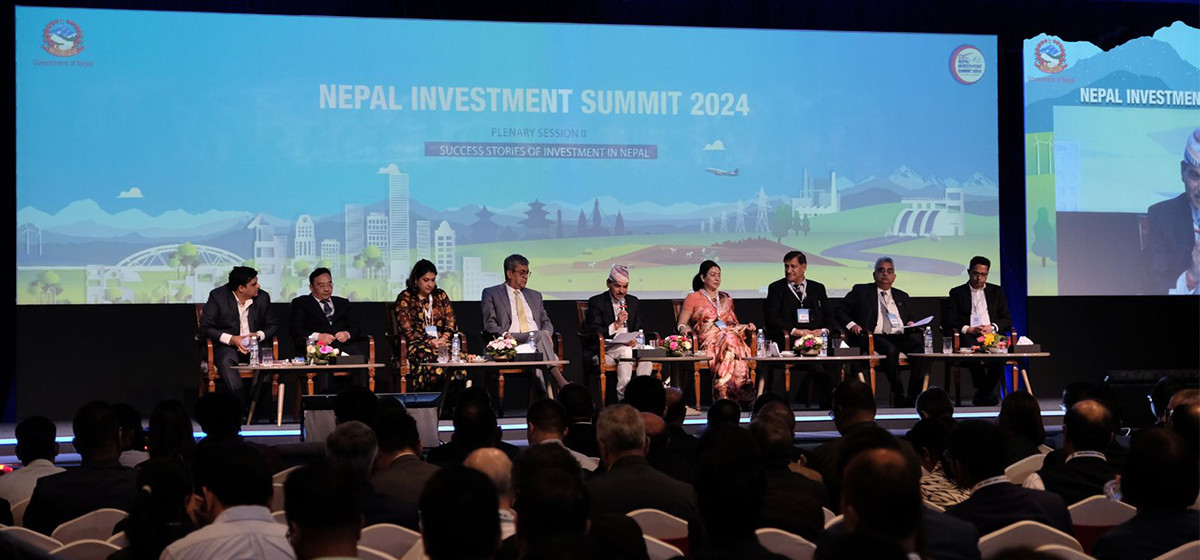



Just In
- NOC reduces prices of diesel and kerosene; increases prices of aviation fuel
- Newly-elected HoR member Nembang pledges to value ballots
- Parliamentary committees call for quorum rule revision
- Third Session of Karnali Province prorogued without passing any bill
- Embassy of India in collaboration of IBN and NICCI organizes Post Investment Summit India-Nepal B2B meeting
- NEPSE rises by 25.93 points, daily turnover surges to Rs 4.80 billion
- Suhang Nembang's journey from a lawyer to a lawmaker
- Book containing speeches of Narendra Modi published in Nepali language





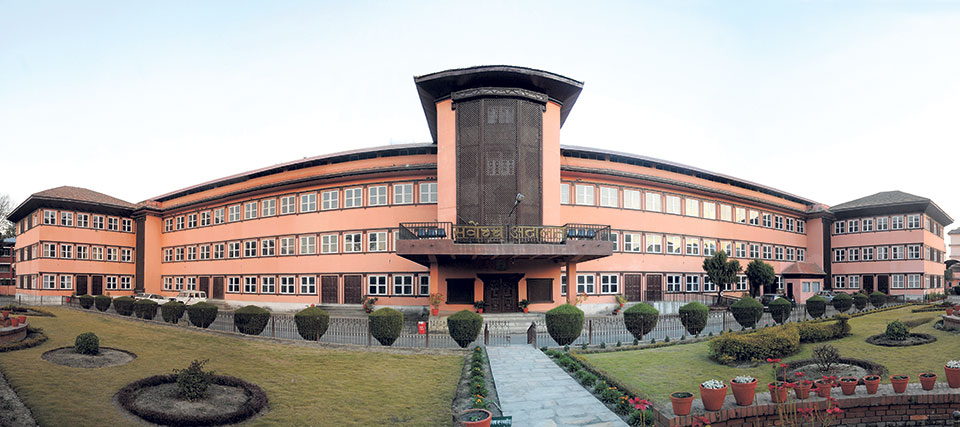

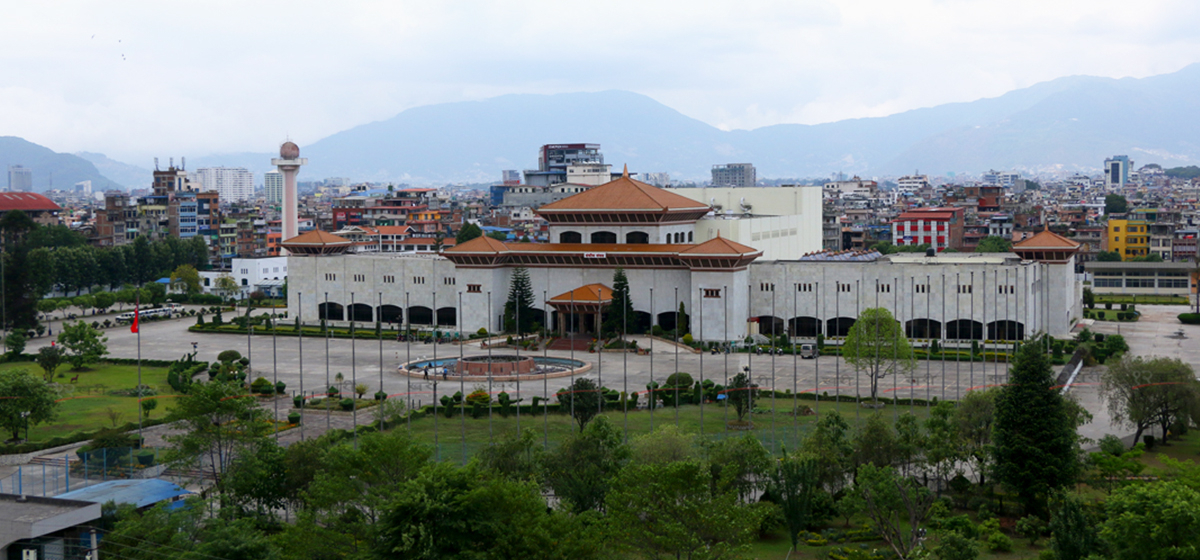
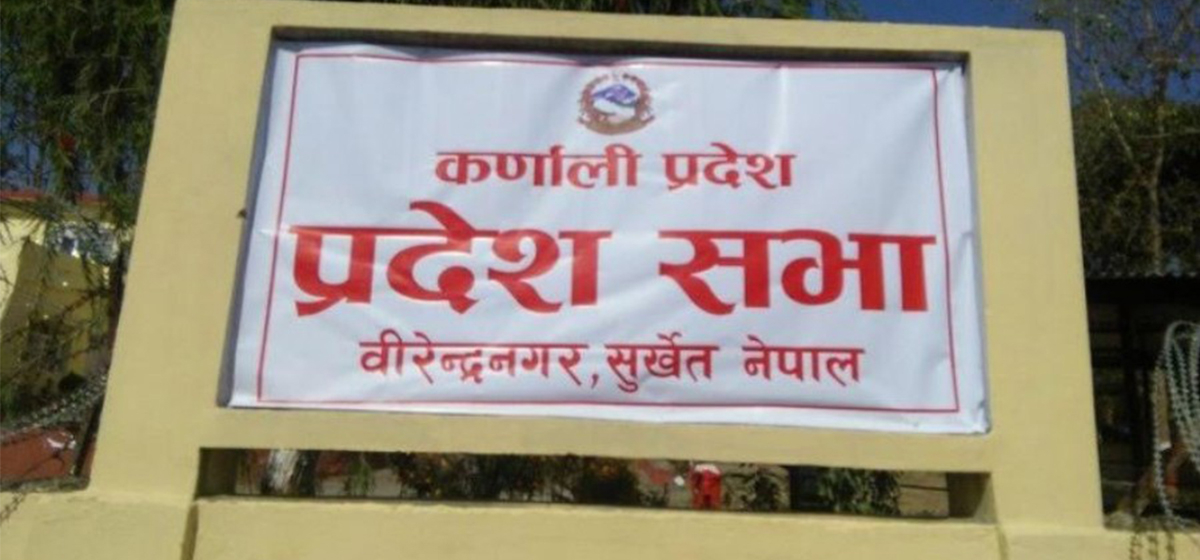

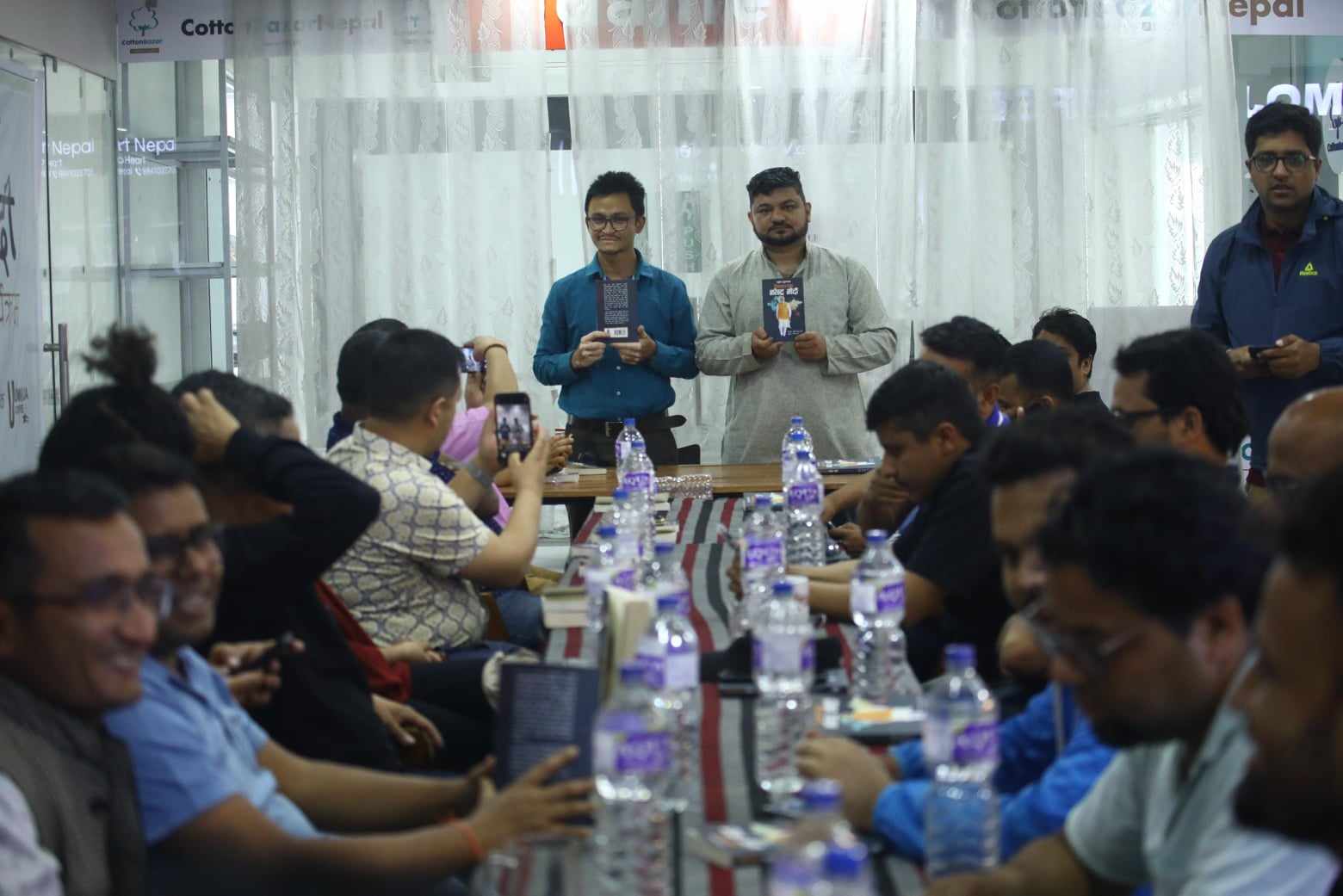
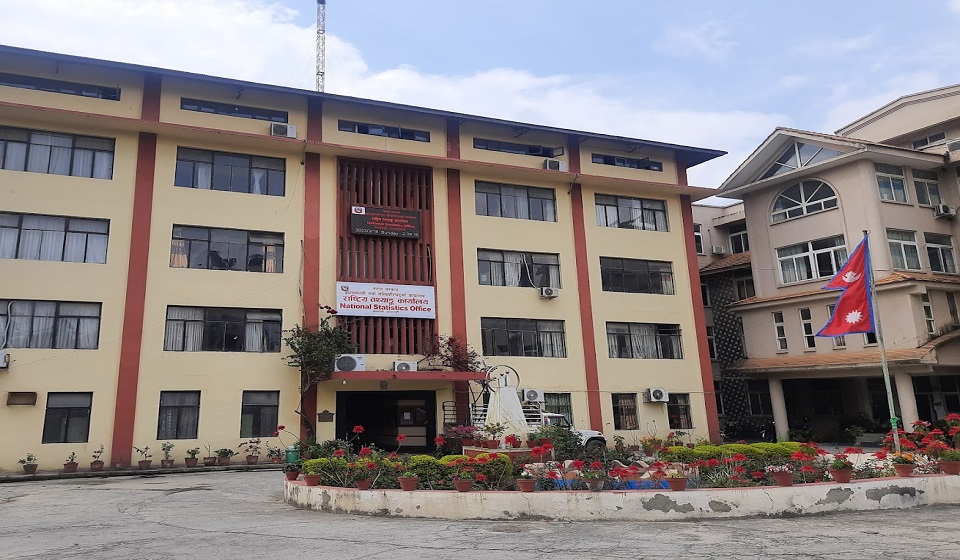
Leave A Comment